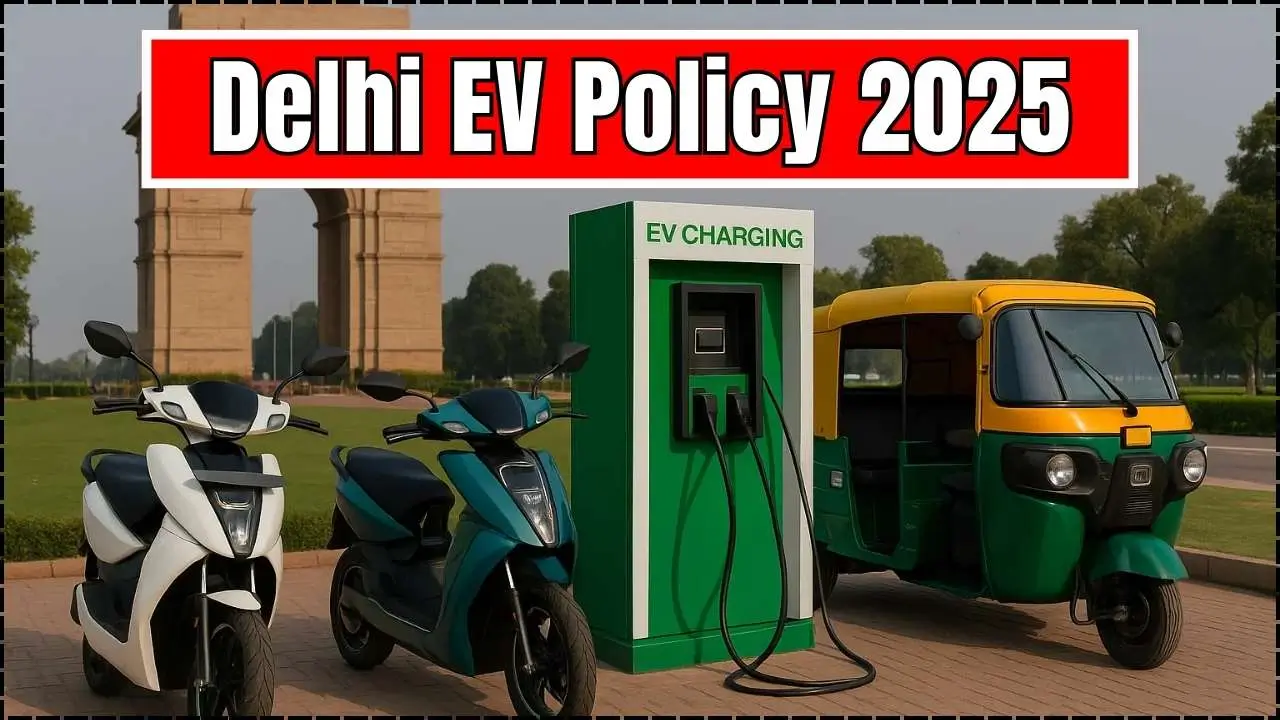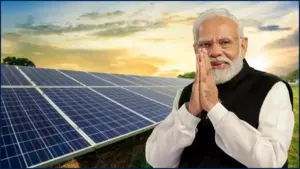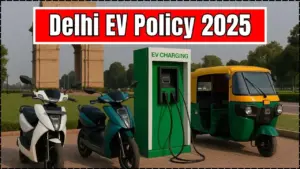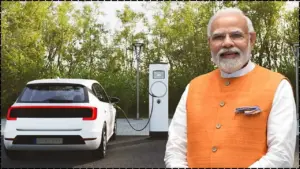The compassionate government of Kerala is taking a significant step towards securing a healthier and more sustainable future for its residents by introducing the 2025 Green Energy Policy, with a primary focus on the widespread adoption of rooftop solar power on residential homes. This proactive initiative is rooted in the humanitarian commitment to reduce the state’s reliance on polluting conventional energy, directly addressing global concerns over environmental degradation and climate change while simultaneously offering practical relief to families facing rising utility costs.
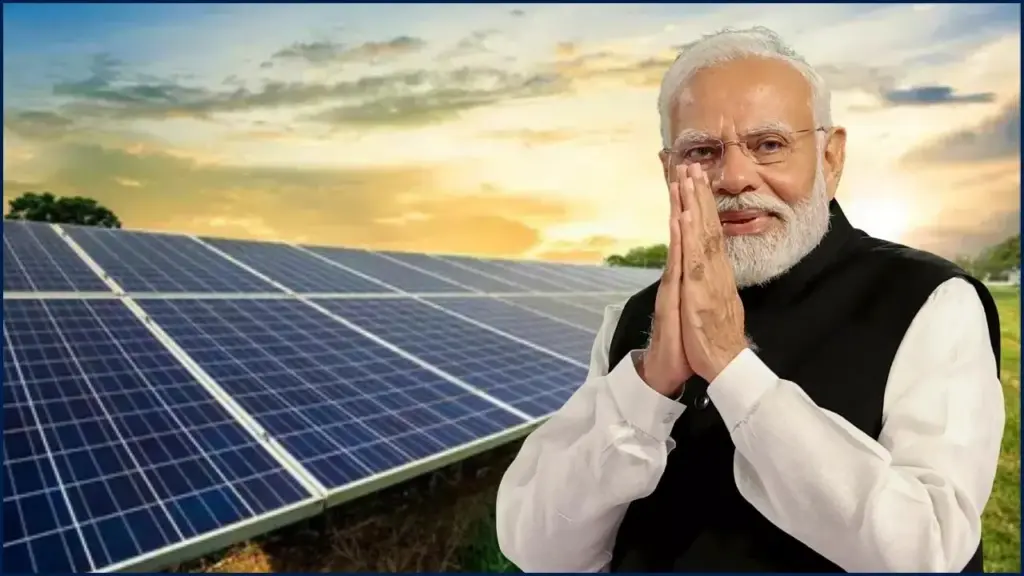
By empowering every household to embrace clean, renewable energy, the policy not only achieves a vital reduction in carbon emissions but also fosters community resilience and provides citizens with a promising, affordable, and sustainable path to energy independence.
Key Features of Kerala’s Rooftop Solar Policy
1. Subsidies for Rooftop Solar Installations
To make solar installations more affordable, the Kerala government has introduced generous financial incentives for homeowners. The key benefits under this scheme include:
- Subsidies for Homeowners: The government offers subsidies for the installation of rooftop solar panels in residential buildings. Depending on the system’s capacity, homeowners can benefit from significant financial support.
- Central Government Support: Kerala will continue to leverage the central government’s Pradhan Mantri Surya Urja Yojana (PM-SUROYA), which offers subsidies to homeowners installing solar power systems. These initiatives aim to reduce the financial burden on consumers and encourage widespread adoption.
- Incentive Structure: Homeowners can receive up to 40% subsidies on the cost of installing solar panels, with the exact amount depending on the system’s capacity and the area of the rooftop. Additionally, electricity bill reductions for consumers who install rooftop solar systems will also be introduced to encourage adoption.
2. Mandatory Rooftop Solar for New Buildings
The policy mandates that all new residential buildings with a rooftop area of over 100 square meters must install solar panels to reduce their carbon footprint. This step is aimed at ensuring sustainability in urban planning and reducing the electricity demand from the state grid.
- Incentives for Builders: Builders who incorporate solar infrastructure into new residential projects will be eligible for additional incentives and fast-tracked approval for construction plans.
3. Target for Solar Power Generation
As part of Kerala’s ambitious green energy goals, the state aims to generate 50% of its electricity from renewable sources by 2030. With the push for rooftop solar installations, Kerala plans to achieve this target by facilitating the adoption of renewable energy at the residential level.
- Residential Solar Target: Kerala aims to install at least 5,000 MW of rooftop solar capacity by 2030, significantly contributing to the state’s clean energy generation.
4. Integration with Electric Vehicles (EVs)
A key aspect of Kerala’s 2025 Green Energy Policy is the integration of rooftop solar with electric vehicle (EV) charging infrastructure. The state plans to make it easier for homeowners to use solar power to charge their electric vehicles.
- EV Charging Incentives: Homeowners who install both rooftop solar systems and EV charging stations will receive additional incentives, making the transition to electric mobility more affordable.
5. Improved Grid Connectivity and Battery Storage Solutions
To enhance the reliability of rooftop solar installations, Kerala’s policy focuses on improving the grid connectivity and supporting battery storage solutions. These measures are aimed at making solar power more dependable by enabling homeowners to store excess energy generated during the day for use at night or during cloudy weather.
- Battery Storage Subsidies: The policy also includes subsidies for home battery storage systems, which are crucial for ensuring that residents can fully benefit from their rooftop solar installations, even during power outages or periods of low sunlight.
Benefits for Kerala Residents
The Kerala Green Energy Policy offers several direct benefits for residents who adopt rooftop solar energy:
- Lower Electricity Bills: Homeowners who install solar panels will see a significant reduction in their monthly electricity bills by generating their own power, especially during daylight hours when electricity consumption tends to be high.
- Increased Property Value: Homes with solar systems are likely to see increased property values, as more buyers look for energy-efficient homes that help reduce ongoing utility costs.
- Environmental Benefits: By adopting rooftop solar energy, homeowners contribute to reducing Kerala’s overall carbon footprint, helping the state to combat climate change.
- Energy Independence: Solar energy provides residents with greater energy independence, reducing reliance on traditional power grids and ensuring a more stable and self-sufficient energy supply.
Related Links
UP Housing Policy: Who Qualifies for Govt’s Affordable Home Plan?
Skill India Scheme: New Courses That Can Land You a Job Fast
Apply for the Rooftop Solar Scheme
The Kerala government has streamlined the application process for rooftop solar installations through its official Renewable Energy Development Agency (KREDL) portal. The steps to apply are as follows:
- Online Registration: Interested homeowners can register on the KREDL portal or visit their nearest office for assistance.
- Site Assessment: A government-approved agency will assess the roof for suitability, ensuring it meets the requirements for solar panel installation.
- Installation: Once the site is approved, qualified solar installers will carry out the installation of the system.
- Subsidy Application: Homeowners can apply for subsidies directly through the portal after installation.
- Grid Connection: After installation, the solar system will be connected to the grid, and homeowners will be able to start receiving credits for any surplus electricity generated.
FAQ
Q: What is the subsidy for installing rooftop solar in Kerala?
A: Homeowners can receive up to 40% subsidy on the cost of installing rooftop solar panels, depending on the system’s capacity.
Q: Are there any specific incentives for electric vehicle (EV) owners?
A: Yes, there are incentives for homeowners who install solar systems and EV charging stations, promoting the adoption of both clean energy and electric mobility.
Q: Do I need a large rooftop space to install solar panels?
A: A minimum 100 square meters of rooftop space is required for the installation of a 1 kW grid-connected solar power system.
Q: How can I apply for the rooftop solar scheme?
A: Homeowners can apply online through the KREDL portal or contact the nearest government office for assistance with the application process.



